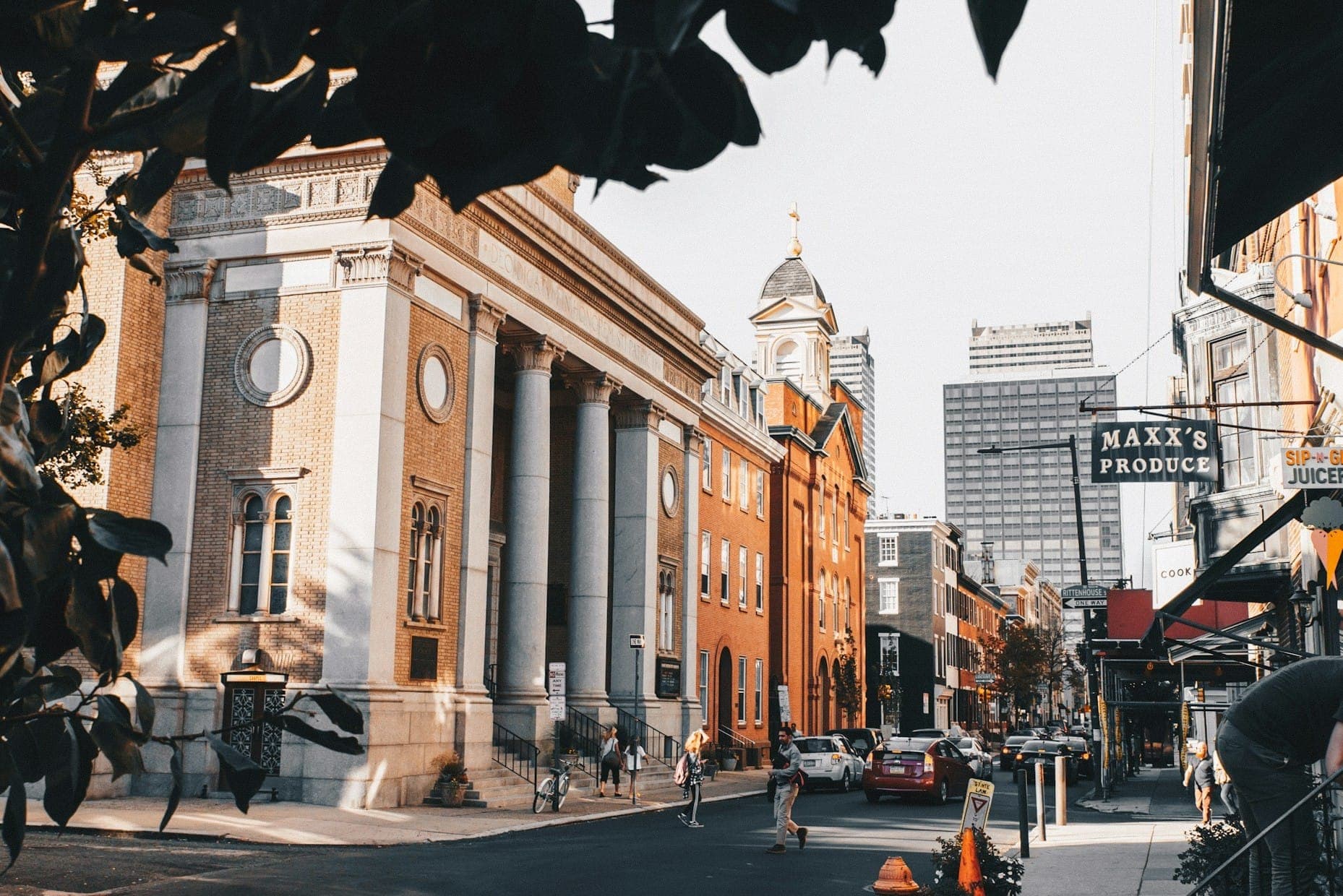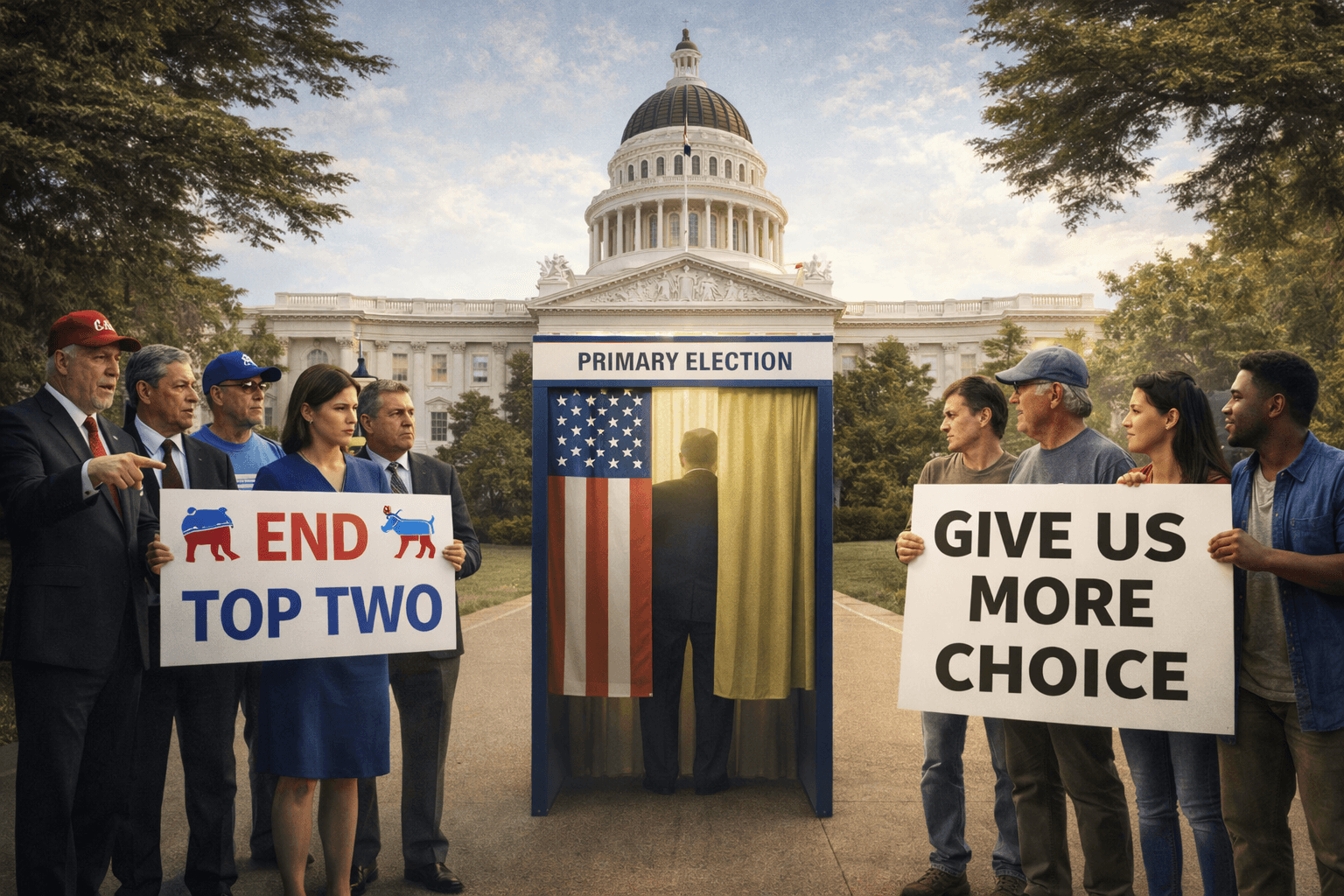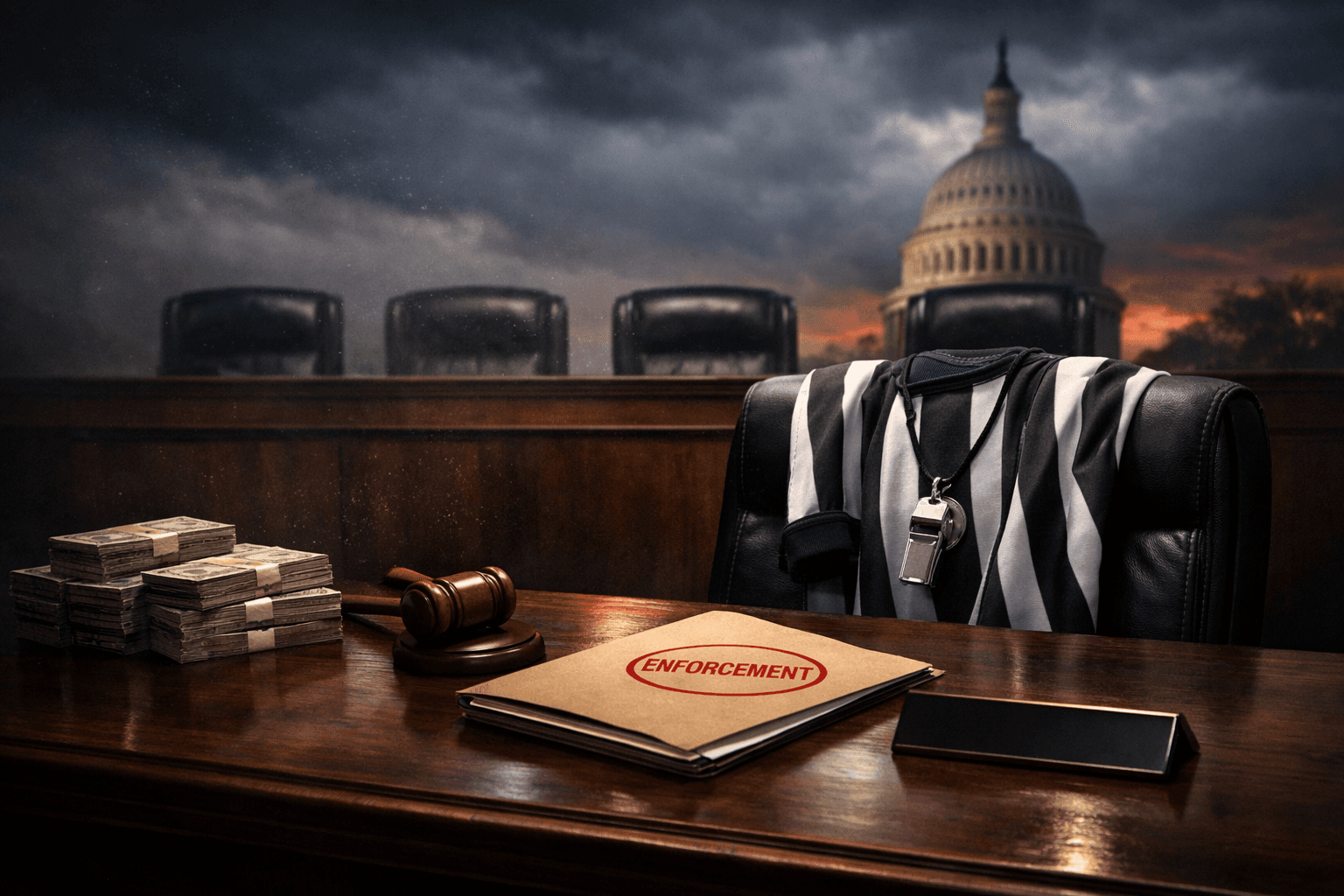Pennsylvania Taxpayers Foot $75M Bill for Primaries They Can’t Vote In

PHILADELPHIA, Pa. - The estimated cost for Tuesday’s primary elections in Pennsylvania is around $75 million for state and local governments. It’s a large price tag, especially since it is being paid for by voters who are denied the right to participate.
“Pennsylvania’s closed primary system is fundamentally unjust, and it’s making government at all levels worse,” said Ballot PA Chair David Thornburgh. “It’s time for the state to open our primaries and give every voter a voice.”
Ballot PA is a state-based group committed to ending closed primary elections that bar more than 1.4 million registered independent voters. The group has lobbied state lawmakers to pass open primary legislation – an effort that has gained traction in recent years.
For example, House Bill 280 (authored by state Reps. Jared Solomon and Chris Rabb of Philadelphia) would implement semi-open partisan primaries, meaning independent voters could choose between a Republican and Democratic primary ballot.
Notably, the bill makes it clear that independents can vote for elected offices but cannot vote in party leadership elections – addressing a common concern among party leaders over outsiders having a say in who runs their private organizations.
The bill made it out of the House State Government Committee in a 14-12 vote.
“There should be no second class among Pennsylvania’s electorate,” Rabb said. “Over 1 million voters are unduly disenfranchised in our state because they have chosen to exercise their right to remain unaffiliated with our restrictive political duopoly.”
To better understand how significant independent voter suppression is in Pennsylvania, it is important to know how critical primary elections are in the state.
Spotlight PA broke down the numbers in 2024. At the time of the group’s research there were 10.3 million eligible voters in the state. Most of them (7.4 million) lived in a district that was so safe for one party or the other that election outcomes were decided in the primaries.
Since primary elections tend to draw a low voter turnout (Pennsylvania ranked 21st in the nation), nearly 1.5 million members of both major parties decided the outcome of legislative elections in 86% of primaries. In other words, 14.5% of voters decided the bulk of elections.
Research from the Unite America Institute paints an even drearier picture of democracy in the Keystone State.
In an April webinar, Unite America Executive Director Nick Troiano said his group found that 95% of state House seats in the 2024 election cycle were noncompetitive and 81% of the races were completely uncontested.
8-in-10 state House races did not have an opposing candidate to the sitting incumbent or the majority party in the district, a figure that is higher than most states in the US. And as a result, only 8% of Pennsylvania voters cast a meaningful vote in 2024.
Imagine what these figures will look like in an odd-numbered election year in which the most consequential race in the May 20 primary is for Philadelphia district attorney. The winner will be decided well ahead of November due to the fact that no Republican filed to run.
There is only a Democratic primary that is closed to registered party members, meaning the next district attorney for a city of 1.1 million registered voters will be decided only by the Democrats who participate in this year’s primary elections.
One registered independent voter in Philadelphia wrote in an op-ed for USA Today that “[i]t shouldn't work this way. A primary election should not be the final word in a race like this.”
Under this type of closed system, it begs the question: how can voters have confidence that whoever wins will hold themselves accountable and represent the city at-large when gaining and keeping their office is decided by a single party’s base?
The same question applies to nearly all legislative and congressional seats in Pennsylvania. There is a clear incentive to represent only the minority of voters who participate in primary elections because keeping them happy is all that matters to winning elections.
Advocates for open primaries say the path to better representation and greater accountability in elections begins with changing the incentives within the election system by creating a fairer, equal, and more inclusive process.
And this starts with the primaries.
 Shawn Griffiths
Shawn Griffiths






